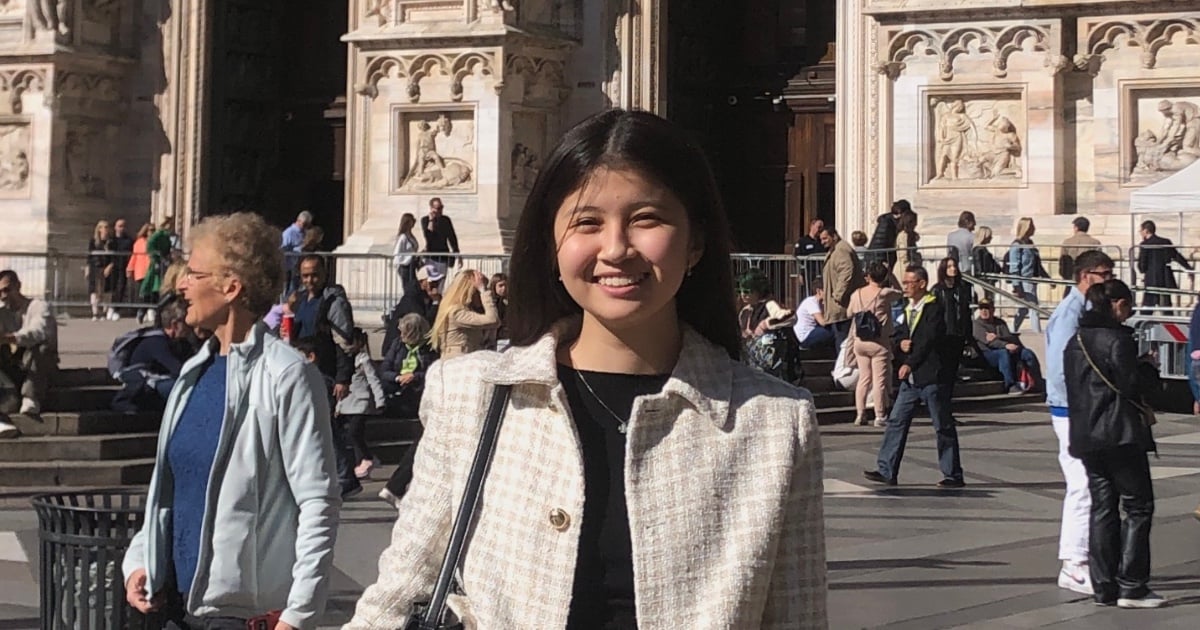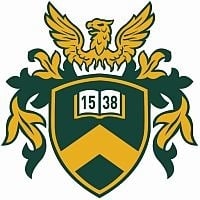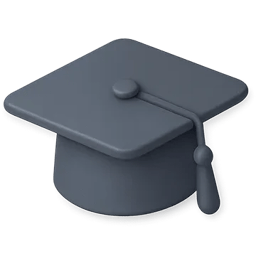My name is Dana. I am 20 years old and have recently finished my second year at the University of Debrecen in Hungary. I'm now moving on to my third year. Although Debrecen is the second-largest city in Hungary, it isn't the capital. In Europe, when people hear 'second-largest city,' they often think of a big metropolis. However, Debrecen feels more like a small student town. I study in the field of Commerce and Marketing.

My background
I changed schools five times over the course of 9 years due to my father's job, which required us to move frequently. Initially, each move was a tragedy for me, but later I realized it helped me adapt to new environments. I completed 9 grades, and after that, I enrolled in a vocational college. I was a straight-A student and had planned to finish the 11th grade and then enroll in a university in my country. Even though I was more inclined towards the humanities, I had excellent grades and particularly enjoyed subjects like literature and English. I did not wish to pursue a career in science.
After the 9th grade, we were given the option to specialize in either biology and chemistry or physics and mathematics. However, I didn't want to choose either. My grandmother then advised me to attend a vocational college, and because I liked English, I chose to become a translator. To be honest, I didn't enjoy it there as the education was subpar. This experience made me realize that just knowing English wasn't enough to be a translator.
Therefore, I decided I wanted to pursue a different field and definitely study in English to have more opportunities. During quarantine, I became certain about studying abroad, so I started preparing for the IELTS and scored 7.0. I applied to the Stipendium Hungaricum program in Hungary, LCC University in Lithuania, and Turin University in Italy, and was accepted everywhere
Stipendium Hungaricum Scholarship
For details about the scholarship, visit: https://stipendiumhungaricum.hu/
I chose Hungary because of the generous funding provided, which covers all tuition fees and provides a monthly allowance of 83,000 Hungarian forints. Additionally, it covers insurance and all visa-related expenses.
The Stipendium Hungaricum program operates on an intergovernmental basis. First, your home country selects students considering factors like IELTS scores, GPA, and conducts interviews. This list of nominees is then forwarded to Hungary, where they conduct entrance exams and further interviews. Following this, the universities make their acceptance decisions. To confirm the funding, you need to wait for a confirmation from the Tempus Foundation, which typically arrives in July.
Student life in Hungary
The quality of student life largely depends on the individual. Those who are proactive in seeking out experiences and forming connections will find many opportunities. For those with the Stipendium Hungaricum scholarship, a variety of activities are available. There's the Stipendium Hungaricum Mentor Network program where each first-year student pairs up with a mentor, who is also a scholarship recipient, to guide them. Through this mentorship, several events are organized. These include trips to water parks, bowling sessions, karaoke nights, and Holi parties. In addition, there are many organized trips to different cities in Hungary, allowing students to meet and interact with peers from various faculties. For those interested in further opportunities, the Erasmus program in Europe enables students to travel to different European countries, engage in activities, and make new friends.

Advice for applicants
Start preparing as early as you can and always believe in yourself. Some people think that only the wealthy can study abroad, but this isn't the case. If you truly desire to study overseas, you can make it happen. It's common for students to follow popular trends or what others are doing. For instance, many aim for the USA because it's trendy, even if their actual interest might be in Europe. It's essential to pursue your own dreams, not just what society, parents, or peers might expect or what seems prestigious. Honesty and sincerity are very important in this journey. Some might try to put on a facade to get accepted, but it's easy to spot genuine intent, whether in a motivational letter or during an interview. Remember, you don't need a long list of achievements to get in; what matters most is how you present and communicate them.




